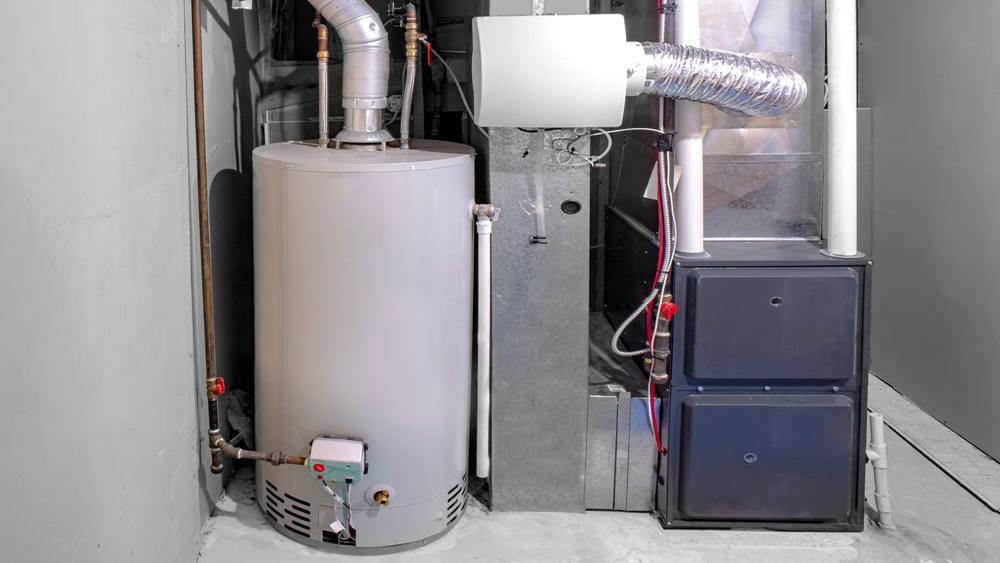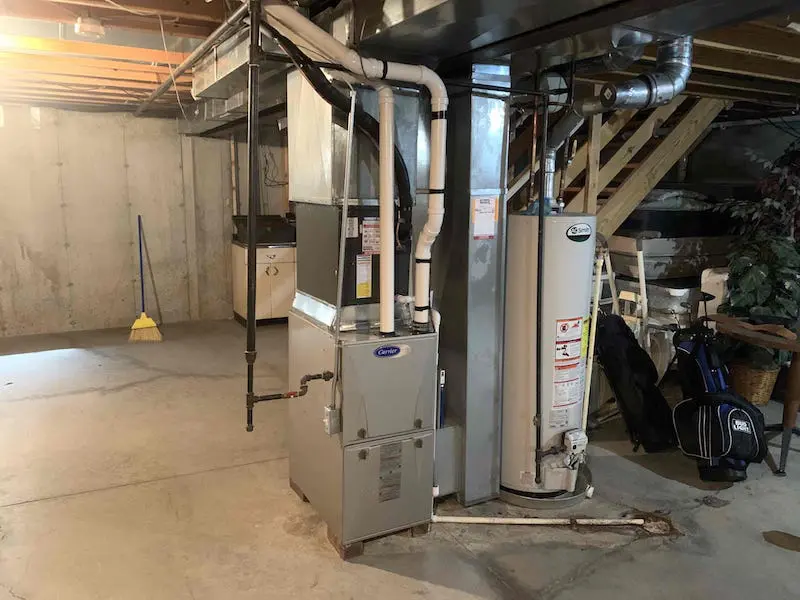HVAC Portland: Top-rated heating, ventilation, and air conditioning services
Wiki Article
The Ultimate Overview to Heater Setup for a Cozy Home
Heating system setup is a vital aspect of keeping a comfy home atmosphere, particularly throughout the chillier months. As you consider these variables, the concern remains: what actions can you take to guarantee your furnace offers you well for years to come?Sorts Of Furnaces

Gas furnaces are the most typical selection due to their efficiency and lower functional costs. They utilize gas or lp, giving fast heating and constant performance, making them suitable for cooler environments.
Electric furnaces, while typically much easier to set up and keep, often tend to have greater functional prices. They are often favored in areas where gas service is not available or for homes with existing electric facilities.
Oil heating systems, though less typical today, stay a feasible choice in specific areas. They shed heating oil, which can be helpful during chillier months, however their reliance on oil shipment positions potential challenges.
Additionally, there are high-efficiency models available across these kinds, which can dramatically decrease power usage and utility bills - furnace installation. Ultimately, understanding these heater kinds will help homeowners pick a system that straightens with their heating requires, budget, and energy preferences
Selecting the Right Size
Choosing the proper dimension for a heater is crucial to ensuring optimal performance and power effectiveness. An undersized heater will struggle to keep comfy temperatures throughout the chilly months, resulting in raised deterioration, higher power expenses, and possible system failure. Conversely, an extra-large heating system might cycle on and off as well frequently, causing inefficient home heating and uneven temperature circulation within the home.To identify the correct heating system size, a computation called the Guidebook J load computation should be done. This process examines various aspects, including the square video footage of the home, insulation degrees, window sizes, and neighborhood climate problems. This comprehensive analysis makes certain that the furnace satisfies the specific heating needs of the room.

Installment Refine Introduction
In terms of products, you will need ductwork, insulation, and securing tape to make sure ideal airflow and power effectiveness - furnace installation. It is also important to have a brand-new heating system filter on hand, in addition to airing vent materials, such as PVC pipeline or metal flue, relying on the kind of heater Resources being set up
Security tools, consisting of gloves, safety glasses, and a face mask, is additionally essential to safeguard versus dust and particles during installation. Having all these tools and products easily offered not only streamlines the procedure but likewise enhances the security and effectiveness of the heating system installation.
Maintenance Tips for Long Life
To guarantee the long life of your furnace, it is crucial to execute a normal maintenance routine that addresses essential parts of the system. Start by replacing or cleansing the air filter every one to three months, as a clogged up filter can restrict air flow and lower efficiency. Furthermore, evaluate and clean the blower assembly to protect against dust build-up that can impede efficiency.Next, inspect the thermostat setups and recalibrate if required to make sure exact temperature guideline. Evaluate the ductwork for leaks or blockages, as this can cause power loss and irregular heating. On a regular basis lube the motor and bearings according to the supplier's referrals to decrease damage.
Specialist examinations need to occur each year, where a qualified service technician can evaluate the furnace's overall problem, check for gas leakages, and make certain that security attributes are working appropriately. Consider installing a programmable thermostat to optimize power use and preserve constant home temperatures. By adopting these maintenance techniques, you can boost your heater's performance, prolong its life expectancy, and eventually delight in a cozy and comfortable home setting.
Verdict

Report this wiki page